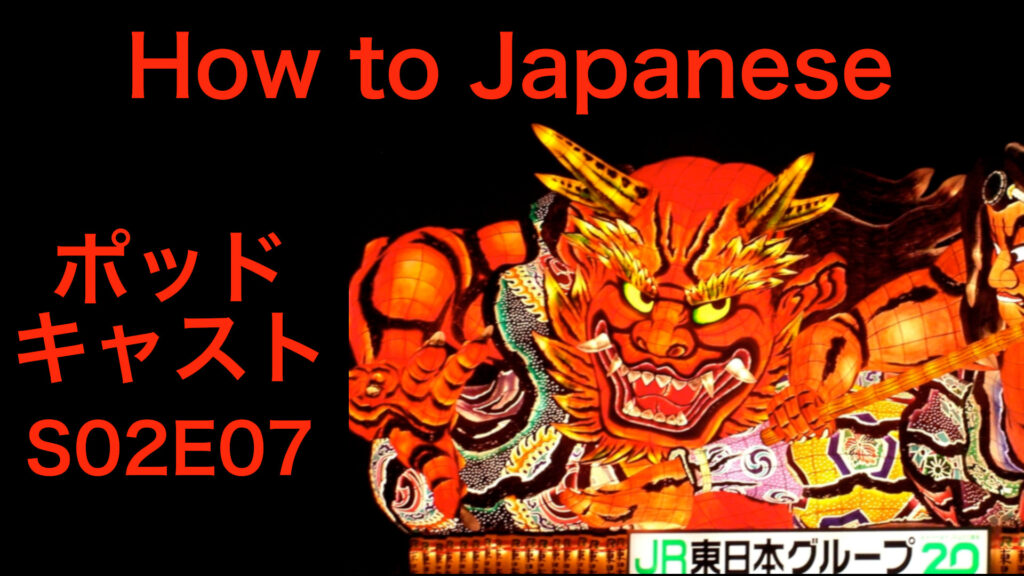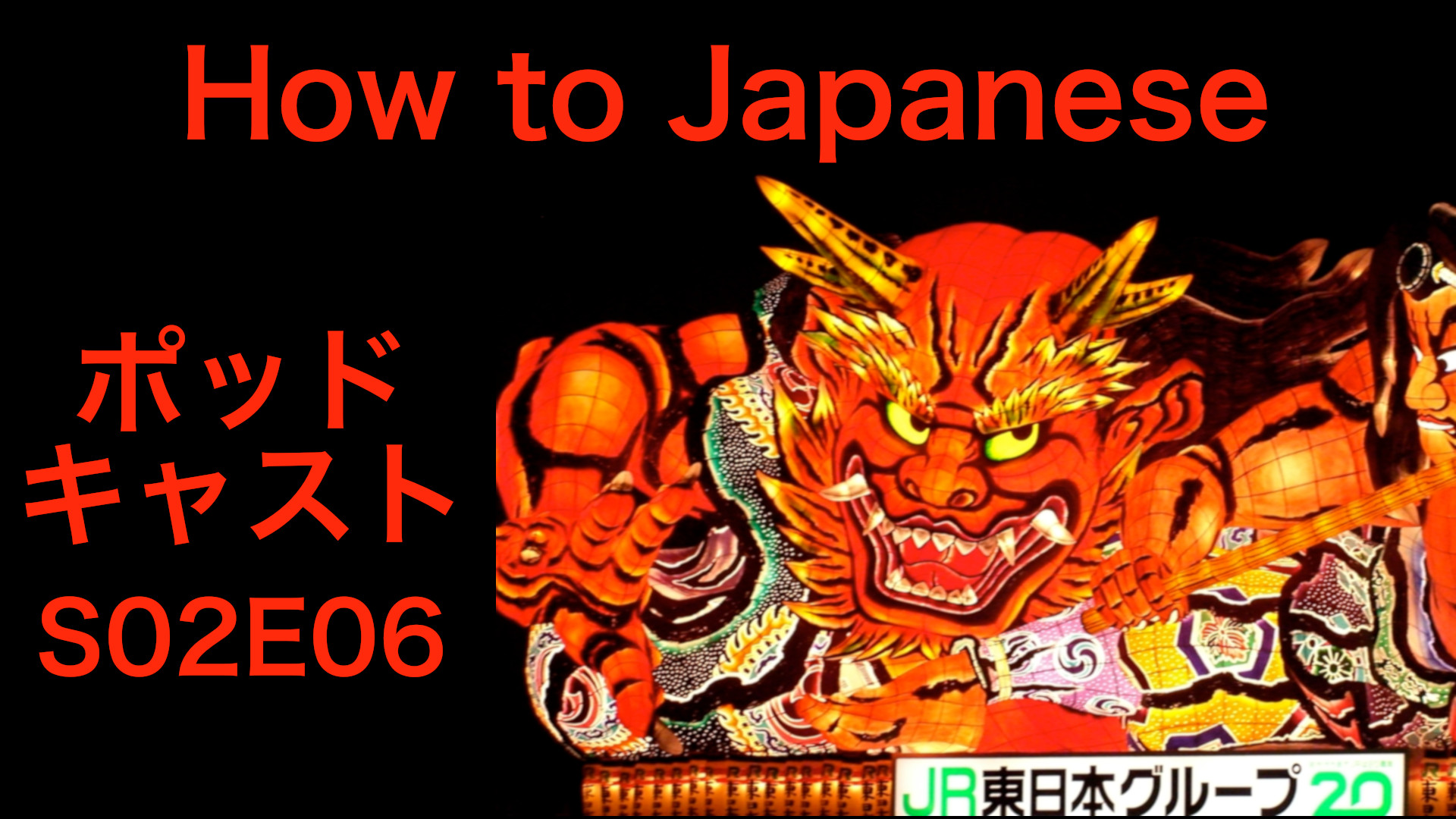
Jason Coskrey is a sports writer for The Japan Times. He previously worked at the Birmingham Post Herald and the Marietta Daily Journal before moving to Japan in 2007. We spoke about learning Japanese (and how to do sports writing) through immersion.
- Japanese study experience
- Immersion
- Wayne Graczyk – baseball writer and commentator who passed away in 2017. See Jason’s articles on him here and here.
- Meguro Language Center
- Japanese For Busy People
- Watching TV
- Sports writing
- College newspaper
- Scott Adamson
- Bill Rhoden
- Ta-Nehisi Coates
- James Baldwin
- Networking
- Jon Morosi
- Television news
- Moving to Japan
- First games in Japan
- Sports in Japan
- Athlete speak
- Corporate leagues
- Sports sponsorship in Japan
- Region-blocked highlights
- DAZN
- Sports on the rise in Japan
- Rugby
- New women’s soccer league
- Basketball
- Japanese for sports interviews
- 振り返る (furikaeru, to look back on)
- Interviewing players after a game
- Professionalizing before or after going to Japan
- Blogging
- Trevor Raichura – Hanshin Tigers English News
- Deanna Rubin
- The J-Talk Podcast
- We Love Marines
- Share houses
- Karaoke songs
- Lara kani
- 進めなまけもの (Susume namakemono), Saito Kazuyoshi
- Oh My Little Girl, Ozaki Yutaka

